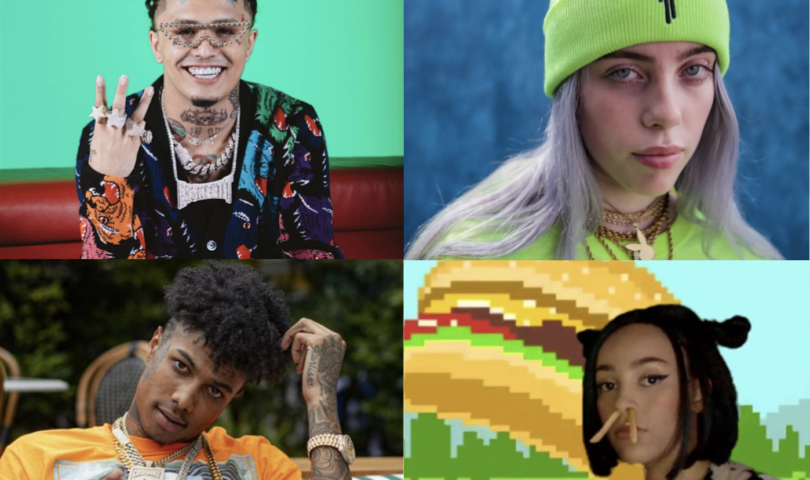Have you ever turned on Spotify’s “private session” function to listen to music anonymously, away from the eyes of potentially judging peers? Have you ever described your music as a “guilty pleasure” before?
All too often I’ll find people who sheepishly admit to listening to artists like Billie Eilish, Ariana Grande, Blueface, Logic, and Lil Pump (to name just a few). This almost always includes dismissing the artist immediately after with a casual “but only sometimes,” or even worse, prefacing the confession with a “They’re sort of a guilty pleasure but…”, downplaying their interest in an artist just because they fear judgement.
What an utter waste of time.
As music listening becomes increasingly social thanks to platforms like Spotify and we continue to listen to music with friends at parties and in cars, our consumption of music has become more and more public. This, however, comes at the risk of us changing the music that we listen to or not fully appreciating an artist because we know our tastes are being displayed. Yet, perhaps the worst danger of the concept of a “guilty pleasure” possesses is its limit to growth. As consumers of media, whether that be film, television, books, or music, when we allow the perceived notions of what is critically or socially acceptable to command what we spend our time with, we are really just shooting ourselves in the foot by not allowing ourselves to explore our own preferences and tastes. If you enjoy an artist and can connect with their art (even if others do not), why is that such a sin? Demeaning an artist you like by calling them a “guilty pleasure” …
In essence, art is art, and there is no such thing as a guilty pleasure artist. If

